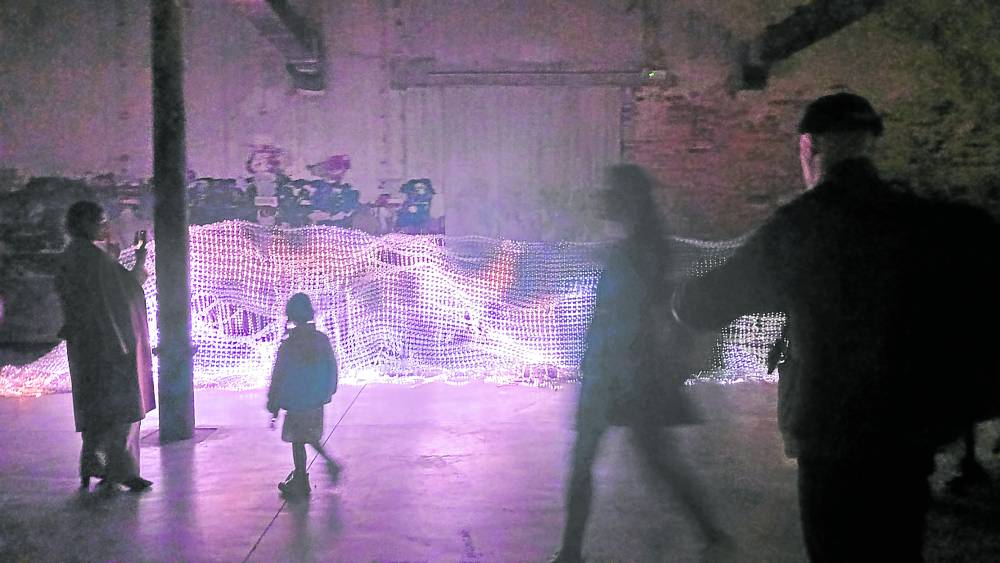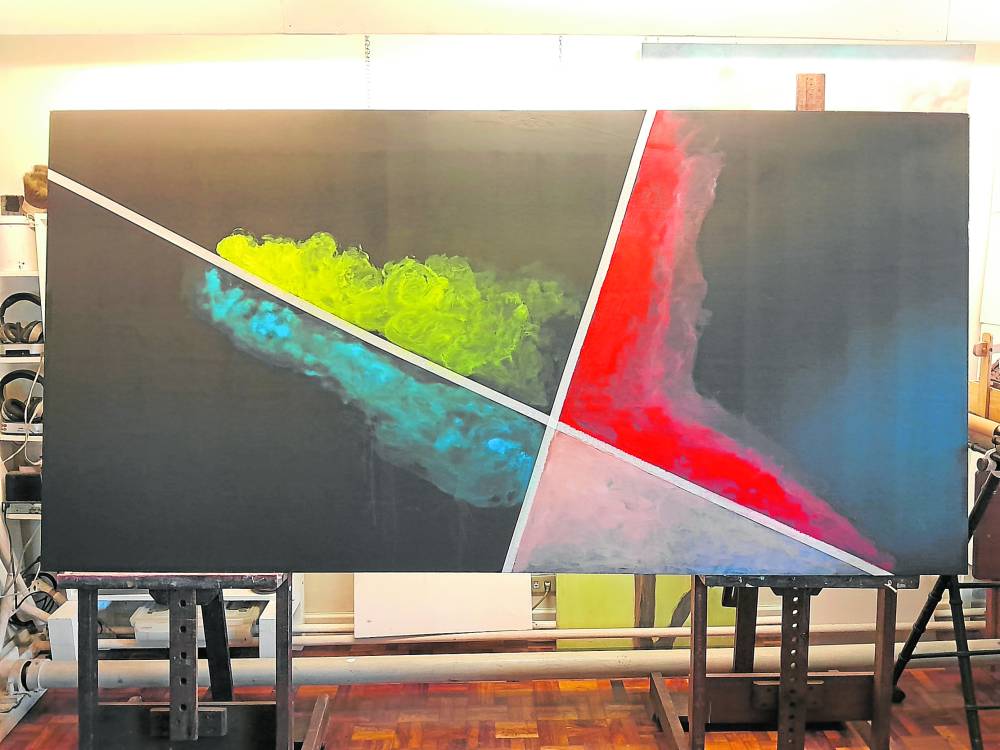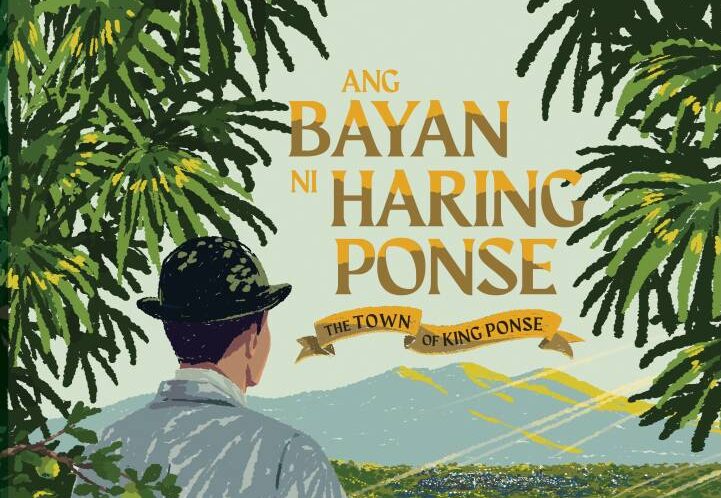The Sangju arc of “Kingdom” is over. The cameo of Jun Ji-hyun promises a third season, even when nothing is confirmed yet.
Director Kim Seung-hun teased the Philippine press during a video conference on March 5 when he said that the show can go as long as 10 seasons.
“Hopefully, she (Kim Eun-hee) will continue to surprise you with the shocking points all the way until season 10,” he said. Eun-hee is the creator and the show’s scriptwriter.

She promised that season two “is a story about blood. It’s not just about literal blood, but about bloodline and lineage.”
With a clue like that, we had to find out what she meant. On the surface, one can assume that it’s about who becomes the ruler in the end. Will it be the Lee clan of which the royalty are members? Or will it the Cho clan who controls the politicians?
The writer did not give away everything. She left it to viewers to decipher what she meant by that. And so we dove in.
To understand what she meant, we had to go back to Season 1. The two seasons are separated by months, but they tell one cohesive story. It is a story of the Crown Prince Lee Chang (Ju Ji-hoon) as he tries to overcome the epidemic that turns the living into the undead.
Patient Zero
The King is Patient Zero. This was all thanks to the machinations of Cho Hak-ju (Ryu Seong-ryong) to stay in power. What came after was a series of unfortunate decisions brought about by well-meaning intentions.
Yeong-shin (Kim Sung-kyu) fed the flesh of the infected to the hungry patients. It was first time the infection mutated, but he and Seo-bi (Bae Doo-na) had no idea. They also missed the opportunity to stop the outbreak right there.
Seo-bi did not want to destroy the bodies at Jiyulheon. She thought that she could reverse the virus and find a cure for it. Bae said that in the first season, her character was very confused and struggled a lot.

“I intentionally played the role in a more simple and naive way so that I can build on her character arc,” she said. “I wanted to create the story of her growth. I personally really enjoyed watching that as well.”
Beom-pal (Jeon Seok-ho) did not listen to Yeong-shin and Seo-bi’s suggestion to burn the bodies because he did not want to offend the aristocrats. One mother particularly rejected it because her only son was the last male member of their clan.
It’s easy to miss this detail and dismiss this action as foolishness. But it is so much more than that.
This Netflix original was set in the Joseon era. Confucianism was their religion. The stigma over cremation is explained by Christina Han in a paper she published titled “Cremation and Body Burning in Five Dynasties China.” She said that the body “establishes and maintains the relationships pertaining to filial piety, loyalty, locality and personal identity” and therefore, its destruction meant disconnection from family and ancestry. Without the body, there is no place to return to and the person will disappear.
In Season 2, Crown Prince Lee Chang (Ju Ji-hoon) walked in the memorial hall where the portraits of all the past kings of Joseon were hung. It shows the importance they gave to the dead. But at that point, he has seen so much carnage that his priorities have shifted. He was more concerned in keeping his people alive than keeping traditions and his position in the court.
It was what made him different from Hak-ju. The Prince let go of his lineage for the greater good. This was something his nemesis could not ever do.
Hak-ju believed strongly in the continuation of his bloodline. This explains why Hak-ju took Beom-pal on. Circumstances did not leave him any choice, Beom-pal was the last of male heir of the Cho Clan after his son died.
He was acting according to the interpretation of his beliefs.

Nameless character
“As I said before, Cho Hak-ju is not an absolute evil. There are reasons for what he does. It gives him a certain sense of legitimacy,” Ryu said.
Hak-ju was cruel to his own daughter. In a patriarchal society, her presence in the family was a temporary one. She lost her connection with them as soon as she got married. As a married woman, her role was further demoted as a provider of a male heir.
No wonder she went crazy.
The fact that she was the only character who had no name in the series reveals her real position. Despite the crown on her head, she was merely Cho Hak-ju’s daughter and the King’s wife.
“Father, do you see? They will take nothing from me,” were the Queen’s final words. She sat on the throne eerily calm, in her red ceremonial robes. She held on to a male baby tightly. She knew the babe offered her security.
It’s also curious how blood was reflected on the clothes. Red is the color of royalty. In Hanyang, Prince Chang wore it through the fine silken robes that he wore. But by the final episode of the second season, he returns to the city in hemp clothing.
Hemp is the material worn by people when they are in mourning. And Prince Chang is grieving. He mourns his father and his people. On a wideshot, his blood-covered hemp robe can be mistaken for the royal robes he wore on the first episode of the first season.
It is in these details that makes you realize how intelligently made “Kingdom” is.









































